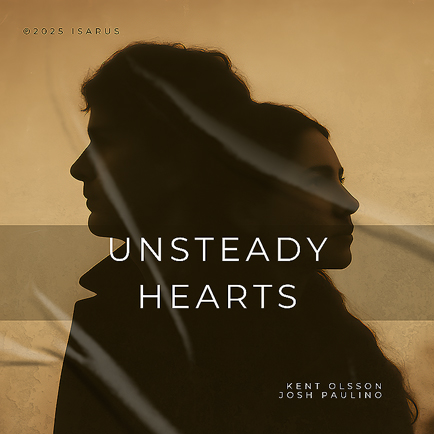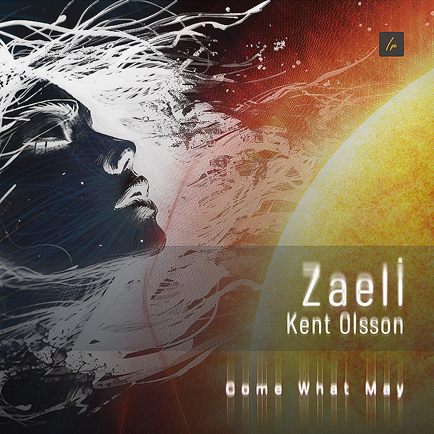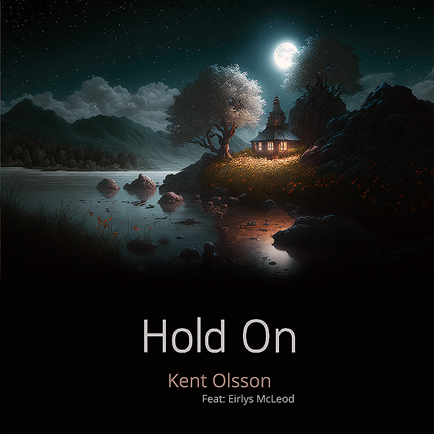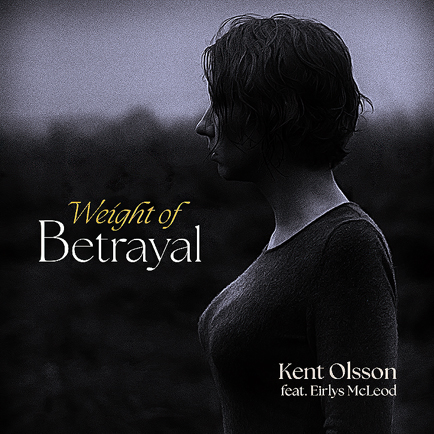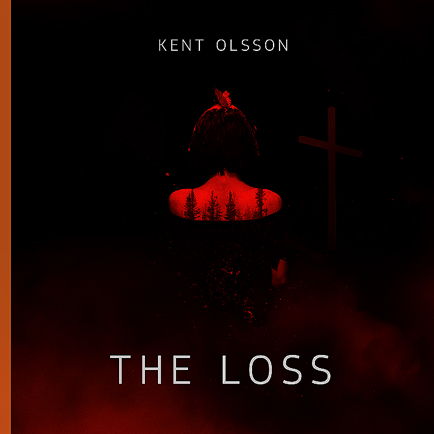 In a picturesque Middle Eastern village nestled beneath the golden dunes of the desert, there lived a man named Michael. He was renowned throughout the village for his enchanting duduk melodies and his ability to bring solace to grieving hearts with his hauntingly beautiful tunes. Michael's duduk was like a soothing balm, a requiem that could mend even the deepest wounds of the soul.
In a picturesque Middle Eastern village nestled beneath the golden dunes of the desert, there lived a man named Michael. He was renowned throughout the village for his enchanting duduk melodies and his ability to bring solace to grieving hearts with his hauntingly beautiful tunes. Michael's duduk was like a soothing balm, a requiem that could mend even the deepest wounds of the soul.
One warm desert morning, a messenger arrived at Michael's doorstep. The message bore the devastating news that his beloved wife, Isabella, had perished in a distant sandstorm while helping a neighboring village. Michael's world shattered. He clutched the message to his chest, tears streaming down his face. The villagers, who had gathered around his humble desert home, could feel the depth of his sorrow.
As days turned into weeks, Michael withdrew from the world. He no longer played the duduk, his melodies silenced by the weight of his grief. The once-vibrant colors of his world had turned to shades of sand. The village mourned with him, for they had lost not only a talented musician but a friend who had always been there to comfort them in their times of sorrow.
One evening, as the sun cast long shadows across the sand dunes, an elderly man named Elias, who had known Michael and Isabella for years, approached Michael's home. Michael's eyes, once filled with life, were now dull, and his duduk remained silent.
Elias sat beside him, holding his trembling hands. "Michael," he began softly, "I remember the day you and Isabella first met. The way you looked at each other, the love that blossomed between you two, it was something truly special. She would not want to see you like this, drowning in sorrow."
Michael's tear-filled eyes met Elias's gaze, and he nodded faintly.
Elias continued, "You have a gift, Michael, a gift of healing hearts with your duduk melodies. I know it feels impossible now, but I believe your music can help not only you but also our entire village heal from this loss."
With Elias's encouragement, Michael decided to play the duduk once more. He ventured out into the desert night, his fingers quivering at first but slowly regaining their touch. The villagers gathered beneath the twinkling desert stars, drawn by the familiar sound that had been absent for too long.
As Michael played, his duduk's haunting melodies resonated through the desert, carrying with them the weight of his loss and the shared grief of his community. His mournful tunes wrapped around each person's heart, weaving a tapestry of empathy and understanding. Tears flowed freely, but they were not tears of despair; they were tears of healing.
Michael's music became a requiem not only for his wife Isabella but for all the losses the desert village had endured over the years. It was a tribute to the resilience of the human spirit and the power of music to mend broken hearts in the heart of the desert.
With each passing day, Michael's duduk melodies grew stronger, and the village slowly began to heal. The colors of the desert, vibrant and ever-changing, returned, and life went on, albeit forever marked by the loss of a beloved wife, sister, and friend.
"The Loss" became a cherished part of the village's history, a testament to the enduring power of love, music, and the strength of a desert community bound together by both joy and sorrow. And Michael, through his duduk's requiem, found a way to navigate the labyrinth of grief and, in doing so, became a beacon of hope for all who had the privilege of hearing his melodies beneath the starry desert skies.
Listen on your favorite streaming service Follow on Spotify
